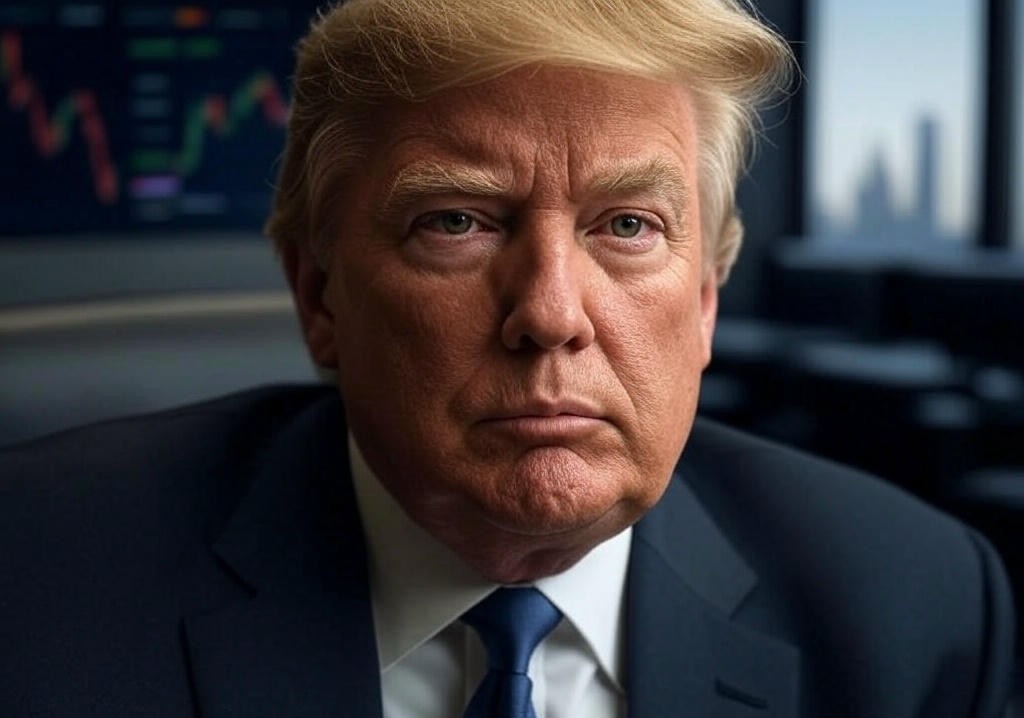Recently the U.S. Court of International Trade made a major decision regarding the tariffs put in place during former President Donald Trump’s administration. The court ruled that most of these tariffs are unlawful sparking strong reactions from businesses and investors. However the situation quickly became more complex when an appeals court temporarily reinstated the tariffs. This back and forth has caused confusion in the markets leading to a drop in U.S. stocks.

What Are Tariffs?
Tariffs are taxes that a country places on imported goods. The goal is to make foreign products more expensive so people will buy more domestic products instead. Tariffs can also be used to pressure other countries in trade negotiations.
During his presidency Donald Trump imposed heavy tariffs on many goods especially those from China. These tariffs were part of his strategy to bring manufacturing back to the U.S. and reduce the country’s trade deficit.
What Did the U.S. Court of International Trade Say?
The U.S. Court of International Trade recently ruled that most of Trump’s tariffs are illegal. The court said the tariffs did not follow proper legal procedures. For example:
- The administration failed to give enough reason or evidence for the tariffs.
- It ignored public feedback during the decision making process.
- The tariffs went beyond the powers given to the president by trade laws.
Because of this the court ordered that these tariffs should be removed.
This decision was seen as a victory by many U.S. importers and businesses who have long complained that the tariffs increased their costs. It also gave hope that prices might go down for some goods especially those imported from overseas.
What Did the Appeals Court Do?
However soon after the lower court’s decision an appeals court stepped in. It temporarily brought back the tariffs until a final decision can be made. This means that even though the tariffs were ruled illegal they are still in place for now.
This move created uncertainty. Businesses are unsure whether they should prepare for the tariffs to stay or be removed. This back and forth is making it hard for companies to plan their supply chains, costs and pricing.
How Is This Affecting the Stock Market?
The court rulings have also shaken investor confidence. The U.S. stock market fell after the appeals court announced the temporary return of the tariffs.
Here’s why:
- Higher Costs for Businesses: Tariffs increase the price of imported goods. Companies that rely on materials or products from other countries will have to pay more which can hurt profits.
- Uncertainty: Investors don’t like confusion. The changing court decisions make it hard to predict what will happen next in U.S. trade policy.
- Global Tensions: Tariffs often lead to trade wars. Countries hit by tariffs usually respond with their own taxes on U.S. goods. This could hurt American exporters and global trade.
- Inflation Fears: Tariffs can lead to higher prices for consumers. If goods become more expensive it could increase inflation, which is already a big concern in the U.S.
What’s Next?
Right now everyone is waiting for the final ruling from the appeals court. This decision will likely shape the future of U.S. trade policy for years to come.
Meanwhile business groups and trade organizations are calling on the Biden administration to review and revise these tariffs. Some believe the current administration should remove the Trump-era tariffs to help lower costs for American companies and consumers.
However others argue that keeping the tariffs gives the U.S. more power in global trade talks especially with China. This group believes that removing tariffs too quickly could hurt American jobs and industries.
How Should Businesses and Investors Respond?
If you are a business owner this is a good time to review your supply chain. Look for ways to source products locally or from countries not affected by tariffs.
If you are an investor keep an eye on market trends and news about the court case. Stocks in industries that rely heavily on imports—like electronics, clothing and machinery may be more affected by tariff changes.
Conclusion
The legal battle over Trump’s tariffs is far from over. The initial court ruling said most of the tariffs are unlawful but the appeals court has temporarily reinstated them. This has caused confusion in the business world and led to a drop in U.S. stocks.
Until a final decision is made companies and investors will need to stay alert, manage risks and prepare for different outcomes. Whether you support the tariffs or not one thing is clear trade policy continues to play a big role in the health of the U.S. economy and markets.
